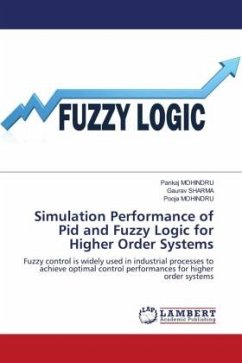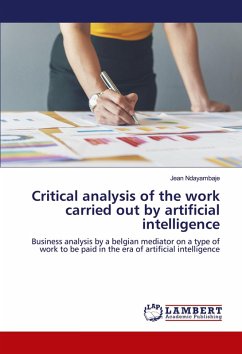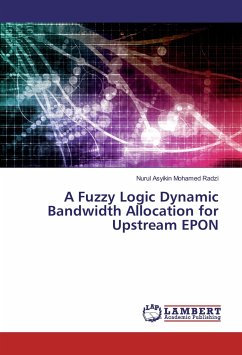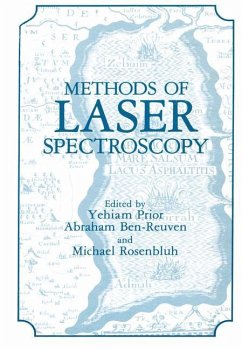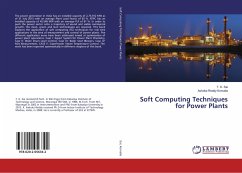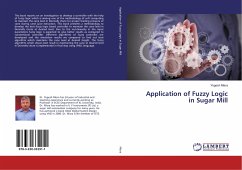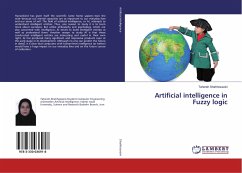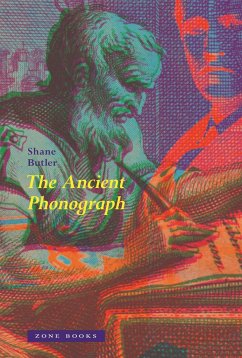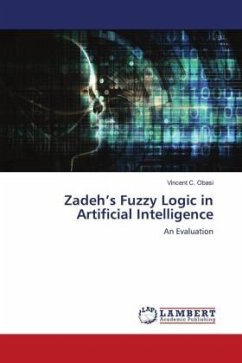
Zadeh's Fuzzy Logic in Artificial Intelligence
An Evaluation
Versandkostenfrei!
Versandfertig in 6-10 Tagen
29,99 €
inkl. MwSt.

PAYBACK Punkte
15 °P sammeln!
Evaluation of empirical evidence and propositions on thinking machines has provided the technological and philosophical framework for advancement in artificial intelligence since the 1950s. Alan Turing had envisioned that machines could think just as humans, and this vision received further credence with Lotfi Zadeh's idea of Fuzzy set theory in 1965 which was aimed at the construction of smarter machines. There has truly been a great deal of fuzziness in the various attempts to clarify the concept of fuzzy logic. This essay provides empirical validation, however, to the claim that fuzzy logic...
Evaluation of empirical evidence and propositions on thinking machines has provided the technological and philosophical framework for advancement in artificial intelligence since the 1950s. Alan Turing had envisioned that machines could think just as humans, and this vision received further credence with Lotfi Zadeh's idea of Fuzzy set theory in 1965 which was aimed at the construction of smarter machines. There has truly been a great deal of fuzziness in the various attempts to clarify the concept of fuzzy logic. This essay provides empirical validation, however, to the claim that fuzzy logic is not fuzzy. Fuzzy logic is a radical departure from traditional Aristotelian logical systems. Fundamentally, fuzzy logic is a precise logic of imprecision and imperfection. As Zadeh says, unlike traditional logical systems, fuzzy logic is aimed at providing a model for modes of reasoning which are approximate rather than exact. In this perspective, the importance of fuzzy logic derives from the fact that almost all of human reasoning-and especially common-sense reasoning, are approximate in nature. These facts stimulate our interest to undertake this philosophical inquiry in Fuzzy Logic.



